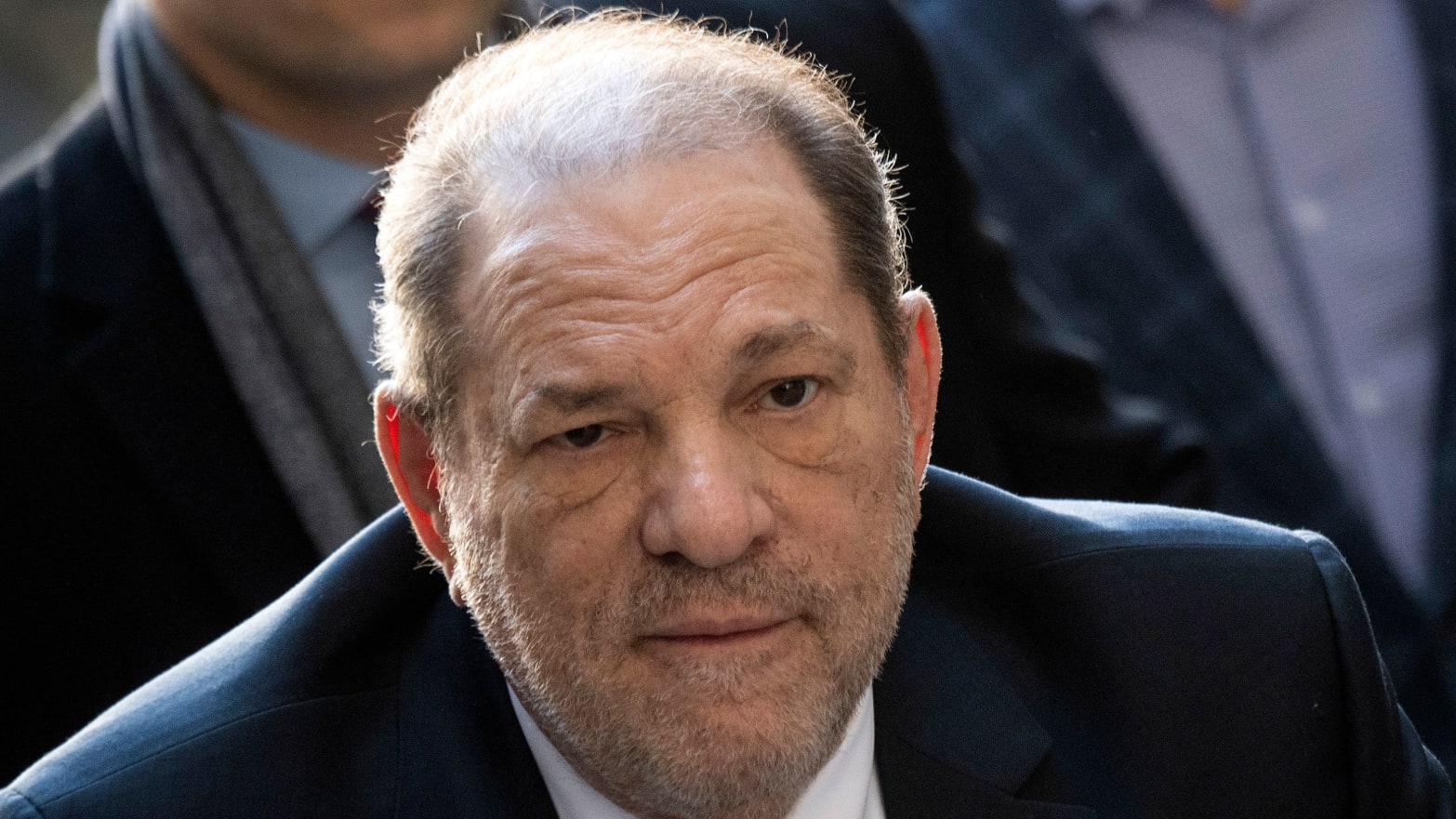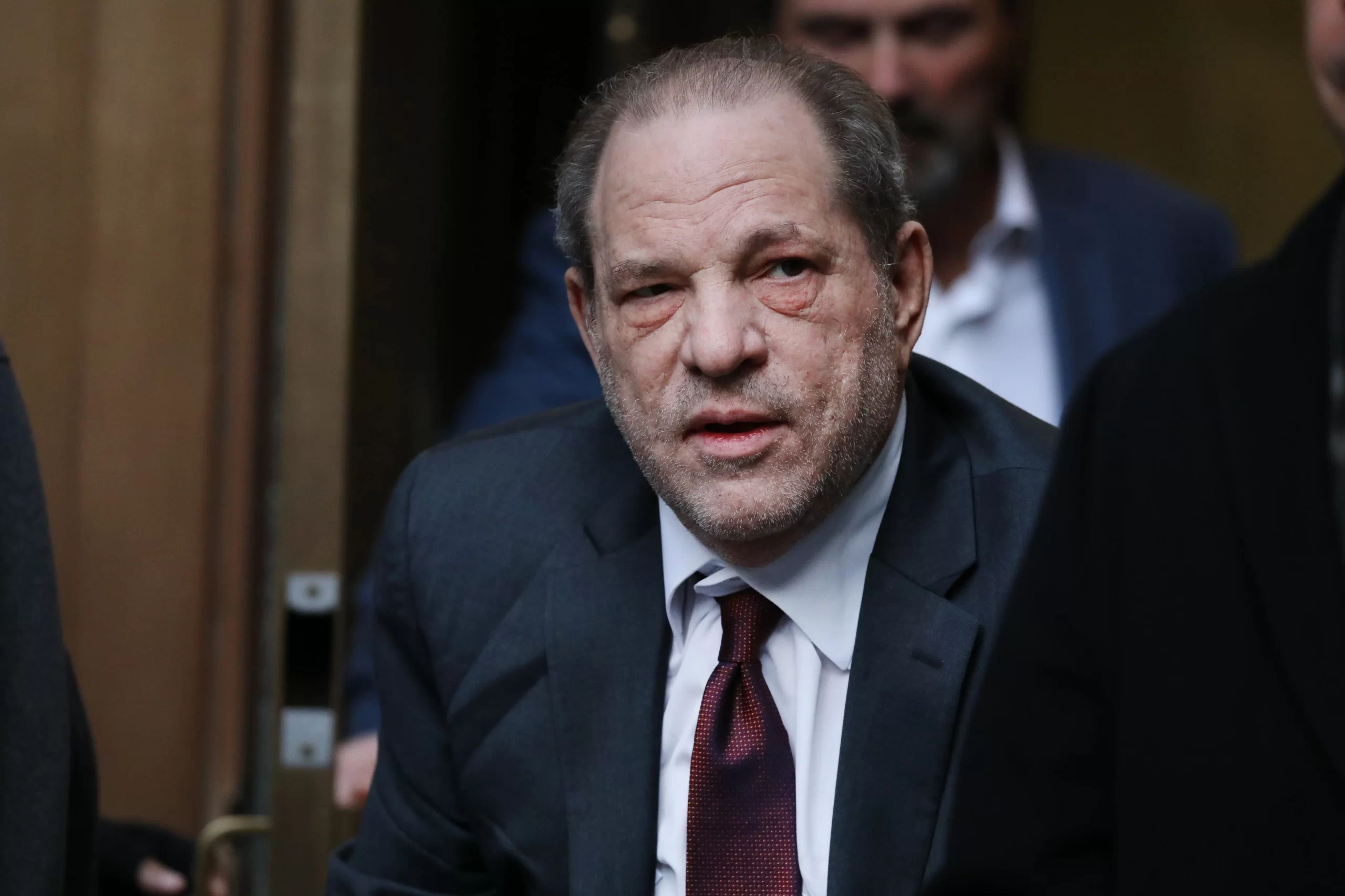The New York Court of Appeals made a significant decision on Thursday, overturning the conviction of Harvey Weinstein, the former Hollywood producer whose name became synonymous with the #MeToo movement.
Weinstein, who was convicted in 2020 on charges of first-degree criminal sexual act and third-degree rape, was sentenced to 23 years in prison. However, the court voted 4-3 to overturn the conviction, citing concerns about the admission of testimony from “prior bad acts” witnesses.
The court ruled that allowing such testimony was unnecessary to establish Weinstein’s intent and only served to show his propensity to commit the crimes he was charged with.
As a result, a new trial has been ordered for Weinstein, who has consistently maintained his innocence and denied engaging in any nonconsensual sexual activity.
Landmark Decision Reignites Debate on Handling Sexual Assault Cases

The decision has sparked a range of reactions from various parties involved in the case.
Weinstein himself expressed gratitude towards his legal team and praised the ruling, while his defense attorneys emphasized that the prior bad acts witnesses were used to paint Weinstein in a negative light rather than focusing on the evidence.
However, the ruling has been met with disappointment and criticism from some quarters. Survivors of Weinstein’s alleged abuse, as well as advocates for victims of sexual assault, have expressed concerns about the message sent by the decision and the potential impact on future cases involving sexual violence.
The overturning of Weinstein’s conviction highlights the complexities and challenges involved in prosecuting cases of sexual assault, particularly those that rely on testimony about prior misconduct.
It also underscores the ongoing debate about how to balance the need for justice with the rights of defendants in such cases.

The decision has reignited discussions about the legal standards and procedures surrounding sexual assault cases and raised questions about the effectiveness of the criminal justice system in addressing allegations of sexual misconduct.







Leave a Reply